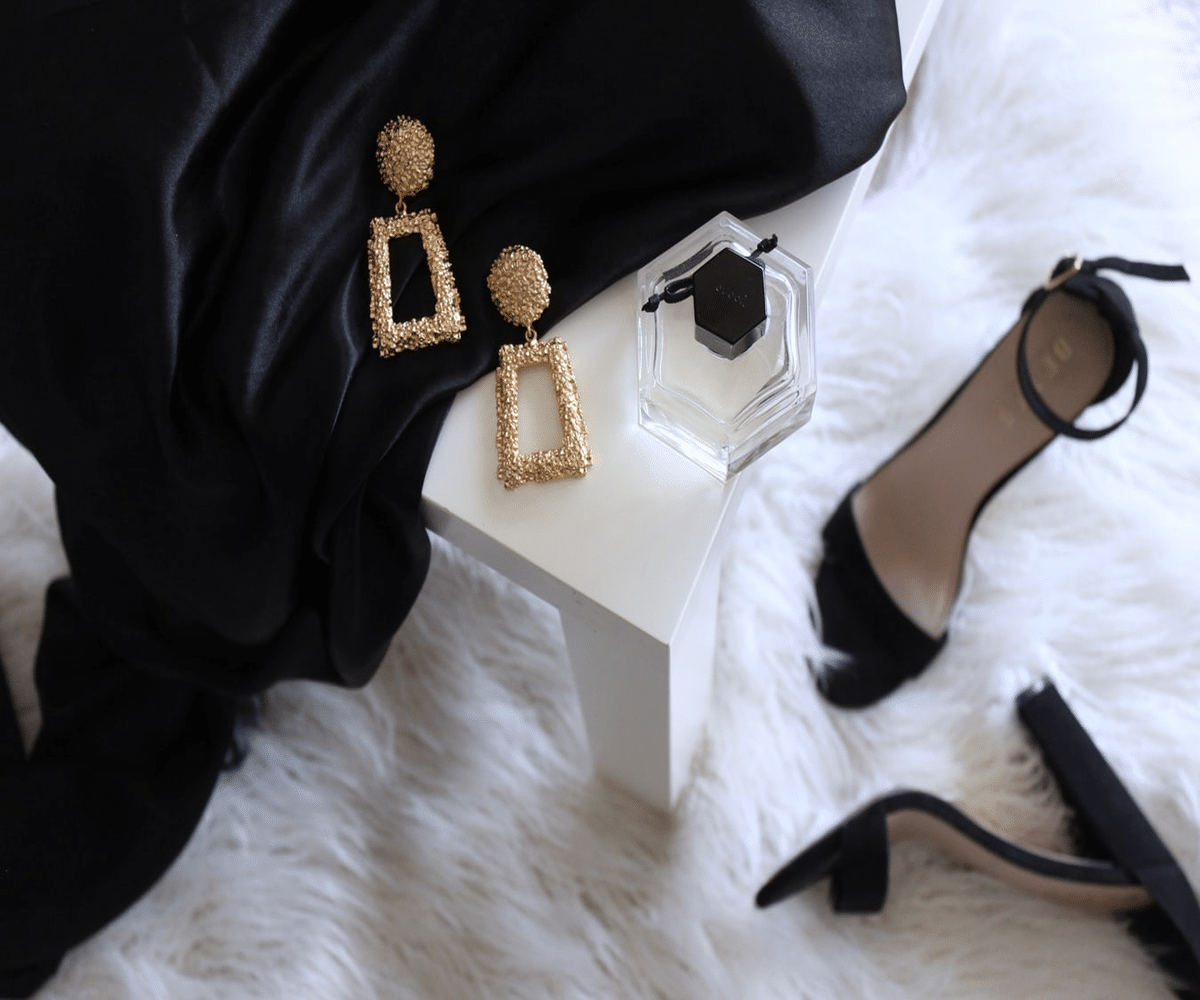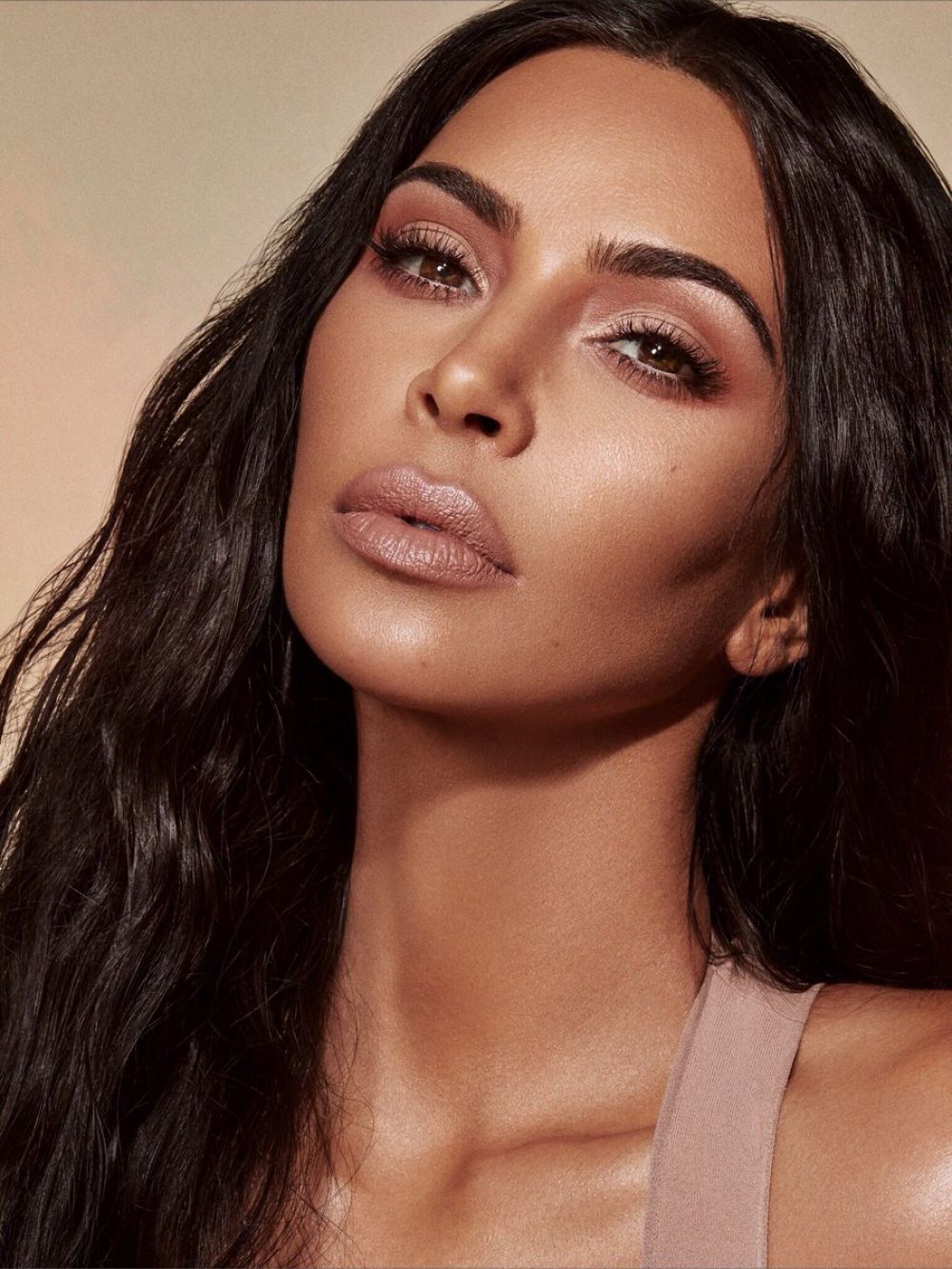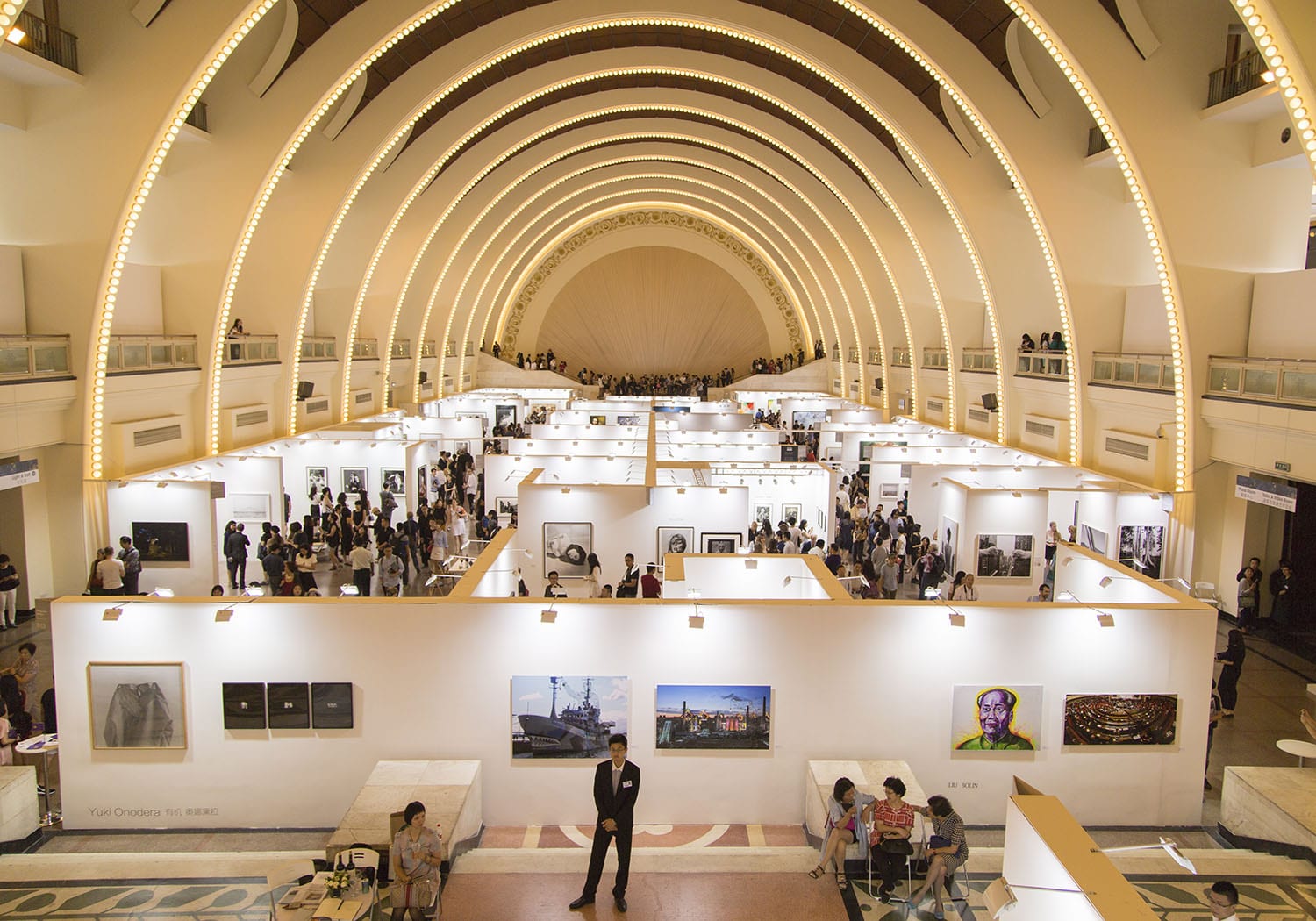[vc_row njt-role=”people-in-the-roles” njt-role-user-roles=”administrator,armember”][vc_column][vc_column_text]
The year 2020 will have left a definitive mark on the luxury industry and the latter has been transformed in a not inconsiderable way, be it in terms of its products, their distribution, demand, clientele, etc… The coming year may seem better for the Houses, but the predictions could not be all that positive.
At the beginning of this year, most of the major luxury houses have evoked their optimistic feelings about the year 2021, particularly thanks to their latest quarterly figures, which showed a significant positive difference compared to those at the beginning of the year.
However, we should not think that the crisis is completely over and that the future holds nothing but progress. Some scenarios evoked by business analysts, luxury brand managers and academics evoke a 3rd, 4th wave during the year 2021.
The effectiveness of the vaccine called into question
In an interview with the Financial Times, an economics professor at NYU Stern, Nouriel Roubini revealed that the epidemic and the crisis could only be envisaged if the coronavirus vaccine was as effective as the flu vaccine, which is 40 or even 60% effective.
“A lot of people are going to take the vaccine. They will start travelling, doing indoor activities and mass gatherings, and we will have another peak at the end of next year,” he said. “It won’t be a V-shaped recovery, at best it will be a U-shaped recovery.”
Another unpleasant scenario is envisioned by Helene Rey, professor of economics at the London Business School, who predicts a sharp increase in job losses and future bankruptcies in Europe.
The pandemic then brought new factors and some surprising new consequences : despite the economic crisis, customers demanded more luxury, especially Asian populations, e-commerce experienced a considerable boom, digital also made a significant leap, brands expanded into new product ranges, and functionality of a product took precedence over aesthetics. As a result, brands have had to change and reinvent their strategies, whatever they may be.
“Despite everything, we’re in the middle of a second wave in Europe, and it’s still very difficult in the United States, the customer is resistant and eager for luxury,” confided Jean-Christophe Babin, Bulgari’s managing director.
The pandemic, accelerating existing trends
For many professionals, the health crisis is not the only cause of bankruptcy and economic problems for companies: rather, they consider that it has accelerated previously existing trends.
Taking the example of the American brands Brooks Brothers and J Crew, both of which have filed for bankruptcy, Gary Wassner, CEO of the financial services company Hilldun, would nevertheless like to point out that these two brands “were already on the brink of collapse”. So it was inevitable that they would not survive.
“COVID-19 has only accelerated existing problems and made them impossible to overcome. We haven’t seen any surprises yet,” he says.
Thomas Chauvet, Managing Director of Luxury Goods Equity Research at Citi, shares the same opinion ;
“The luxury industry is not undergoing a radical transformation, many of these changes were happening before: The shift to e-commerce, the slow decline of department stores and multi-brand retail shops, the focus on sustainability and supply chains, materials, and the acceptance of the circular business model.”
“Large luxury conglomerates can afford to acquire smaller assets to try and transform companies, but the appetite is gone. It’s very complicated and expensive. They already have their own brands to turn around and contribute to their growth. This is the case for Kering and Richemont.”
Among all the forecasts envisaged, several stand out, starting with the predominance of physical trade.
The priority of physical customer service over electronics
Initially, despite the considerable growth of e-commerce, it will not overtake physical shops. Indeed, customers eager for luxury are still very attached to their in-store experience, to the contact with the salesperson and the well-personalised attention to their needs.
Gregory Boutte, Head of Clients and Digital and Estée Lauder President William Lauder agree. This is also the case for Erwan Rambourg, who wrote “The Future of Luxury” and is Managing Director and Global Head of Consumer and Retail Equity Research. He considers that luxury will be one of the few sectors to privilege physical interaction over online sales. For most Houses, only 20% of sales will be generated online over the next decade. They will slow down their online sales, and their digital communication will regain the place it had before the crisis, in other words, their role of “story telling”.
However, we must not ignore the clientele affected by digital and electronics, in other words the new generation. This is why the brands have also massively innovated in the field. For example Louis Vuitton and its partnership with the online game League Of Legends, the Nike sponsor of the Chinese gaming league, etc…
Erwan Rambourg also assumes that Nike, for example, will achieve more than 50% of its sales online, mainly through directly managed applications and its own websites.
A focus on the sustainability of major luxury groups
Secondly, there is a risk that luxury brands will be attacked again on their responsibility for sustainability. And one of the biggest problems is the sincerity and effectiveness of their actions, whether it is a publicity stunt or a real help ? Indeed, brands are turning towards sustainability only because customers are increasingly environmentally conscious and green. But if this were not the case, would brands put as much effort into this issue ?
“Customers expect good brands to encourage good behaviour,” said Lorenzo Bertelli, head of marketing and corporate social responsibility at Prada.
Covid, however, will impose its own changes : fur, for example, still according to Erwan Hamburg, which is “on the verge of extinction” due to the total cessation of mink farming in Denmark, will be banned in many countries as substitutes take over (although they are not environmentally friendly because they are made from plastic derivatives).
For Alex Weller, marketing director for Europe in Patagonia, and Maxine Bedat, founder of the research and defence group New Standard Institute, there is not a single clothing company in the world that is truly sustainable.
Forecasts not to be ignored
Very few luxury brands will remain independent, with the possible exception of Hermès, Chanel and Rolex. They will either be merged, bought out or go bankrupt.
Travel, hospitality and gastronomy will be the luxury sectors that will experience the strongest growth: Louis Vuitton will therefore risk diversifying into the travel industry. The brand will therefore continue to sell luggage and city guides, but it will also sell virtual reality packages so that consumers can discover the world in style without leaving their living rooms.
“Wealthy consumers will prefer boutique hotels to hotel chains. The latter, while encouraged by loyalty programmes, will suffer from a “copy-paste” feeling and a lack of authenticity.”
Women, Chinese and young people: these are the customers who will enable the luxury industry to prosper.
Read also > PARIS STOCK EXCHANGE : LUXURY STILL SHINES
Featured Photo : © Pinterest[/vc_column_text][/vc_column][/vc_row][vc_row njt-role=”not-logged-in”][vc_column][vc_column_text]
The year 2020 will have left a definitive mark on the luxury industry and the latter has been transformed in a not inconsiderable way, be it in terms of its products, their distribution, demand, clientele, etc… The coming year may seem better for the Houses, but the predictions could not be all that positive.
At the beginning of this year, most of the major luxury houses have evoked their optimistic feelings about the year 2021, particularly thanks to their latest quarterly figures, which showed a significant positive difference compared to those at the beginning of the year.
However, we should not think that the crisis is completely over and that the future holds nothing but progress. Some scenarios evoked by business analysts, luxury brand managers and academics evoke a 3rd, 4th wave during the year 2021.
[…][/vc_column_text][vc_cta h2=”This article is for subscribers only.” h2_font_container=”font_size:16″ h2_use_theme_fonts=”yes” h4=”Subscribe now!” h4_font_container=”font_size:32|line_height:bas” h4_use_theme_fonts=”yes” txt_align=”center” color=”black” add_button=”right” btn_title=”I SUBSCRIBE!” btn_color=”danger” btn_size=”lg” btn_align=”center” use_custom_fonts_h2=”true” use_custom_fonts_h4=”true” btn_button_block=”true” btn_custom_onclick=”true” btn_link=”url:https%3A%2F%2Ftest2023.luxus-plus.com%2Fen%2Fabonnements-et-newsletter-2-2%2F|||”]Unlimited access to all the articles and live a new reading experience, preview contents, exclusive newsletters…
Already have an account? Log in.[/vc_cta][vc_column_text]Featured photo: © Pinterest[/vc_column_text][/vc_column][/vc_row][vc_row njt-role=”people-in-the-roles”][vc_column][vc_column_text]
The year 2020 will have left a definitive mark on the luxury industry and the latter has been transformed in a not inconsiderable way, be it in terms of its products, their distribution, demand, clientele, etc… The coming year may seem better for the Houses, but the predictions could not be all that positive.
At the beginning of this year, most of the major luxury houses have evoked their optimistic feelings about the year 2021, particularly thanks to their latest quarterly figures, which showed a significant positive difference compared to those at the beginning of the year.
However, we should not think that the crisis is completely over and that the future holds nothing but progress. Some scenarios evoked by business analysts, luxury brand managers and academics evoke a 3rd, 4th wave during the year 2021.
[…][/vc_column_text][vc_cta h2=”This article is for subscribers only.” h2_font_container=”font_size:16″ h2_use_theme_fonts=”yes” h4=”Subscribe now!” h4_font_container=”font_size:32|line_height:bas” h4_use_theme_fonts=”yes” txt_align=”center” color=”black” add_button=”right” btn_title=”I SUBSCRIBE!” btn_color=”danger” btn_size=”lg” btn_align=”center” use_custom_fonts_h2=”true” use_custom_fonts_h4=”true” btn_button_block=”true” btn_custom_onclick=”true” btn_link=”url:https%3A%2F%2Ftest2023.luxus-plus.com%2Fen%2Fabonnements-et-newsletter-2-2%2F|||”]Unlimited access to all the articles and live a new reading experience, preview contents, exclusive newsletters…
Already have an account? Log in.[/vc_cta][vc_column_text]Featured photo: © Pinterest[/vc_column_text][/vc_column][/vc_row]









